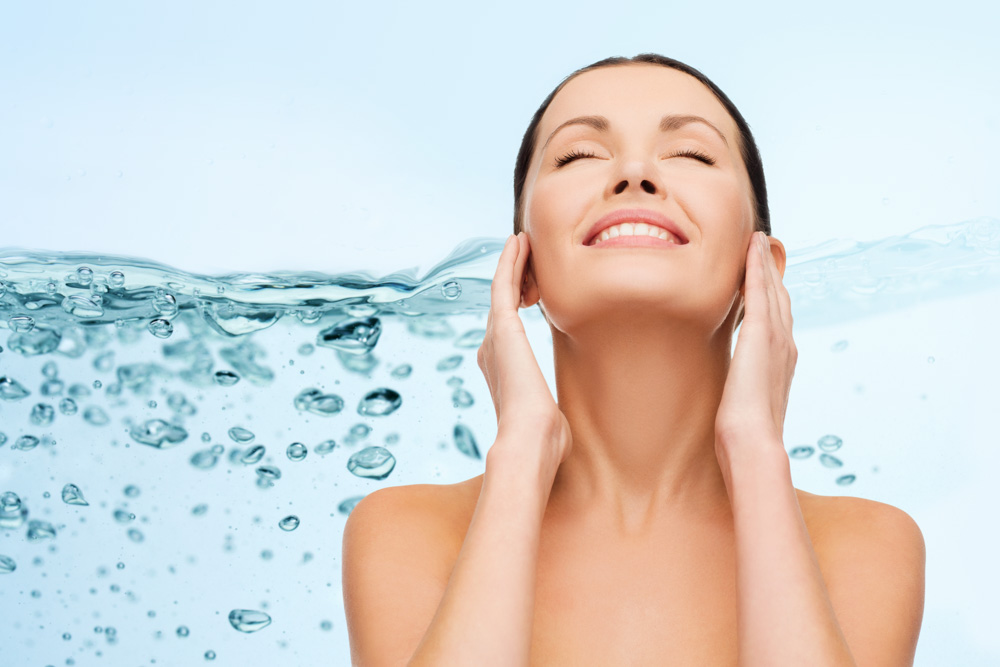Ensuring your skin is well hydrated is a key indicator of good skin health, and it’s important for everyone to incorporate hydration into their skincare routine regardless of their skin type. You can find a comprehensive guide on how to properly hydrate your skin below.
Skin hydration is crucial for achieving glowing and healthy-looking skin, regardless of whether you’re a skincare beginner or an expert. However, many people misunderstand the importance of hydration in skincare and believe that it only applies to those with dry skin. In reality, hydration is essential for everyone, regardless of their skin type, to maintain healthy-looking skin.
It’s important to understand the difference between moisturising and hydrating your skin. While some brands may use the terms interchangeably, there is a significant distinction between the two. Moisturisers create a protective barrier on the skin that seals in moisture, while hydrators absorb water from the skin or atmosphere and hold it in the skin.
To keep your skin supple and youthful, it’s essential to choose the right hydrators and moisturisers based on your skin type. Moisturisers contain occlusives and emollients, both of which are oil-based, while hydrators contain humectants. Some common occlusives in skincare products include petrolatum, mineral oil, paraffin, and squalene. Common emollients in skin care products include shea butter, cocoa butter, lanolin, and beeswax. Common humectants in skincare products include glycerin, sodium hyaluronate, hyaluronic acid, propylene glycol, butylene glycol, sodium PCA, sorbitol, and allantoin.
There are many ways to hydrate your skin, from sheet masks and serums to natural home remedies. Serums are formulated to deliver a high dose of an active ingredient to your skin and are thinner than regular moisturisers. If you have dehydrated skin, a hydrating serum containing hyaluronic acid is an excellent choice. Sheet masks, a popular form of hydration from South Korea, contain a sheet soaked in active ingredients that are placed on the face for a specified time. Hydrating gels and moisturising creams are marketed as moisturisers and contain active ingredients designed to hydrate the skin, such as humectants and occlusives. You can also try natural skin hydrators such as sunflower oil, oatmeal milk, honey, aloe vera, and olive oil, which can be used to create a hydrating facial at home.
It’s crucial to choose the right products for your skin type. Those with oily skin will benefit from using hydrating gels that are non-comedogenic and water-based, as they will be absorbed better by the skin without feeling too heavy. For those with dry skin, oil-based moisturisers with occlusives are essential for locking in moisture, and a thick emollient cream might be necessary for those living in dry regions. If you have normal skin, choose a non-comedogenic product that doesn’t sit too heavily on the skin.
Finally, it’s essential to drink enough water to keep your skin hydrated. Aim to drink at least two litres of plain water every day to ensure that your body and skin are adequately hydrated. While there are many different types of hydrating skincare products on the market, it’s crucial to understand your skin’s unique needs to achieve the best results.
